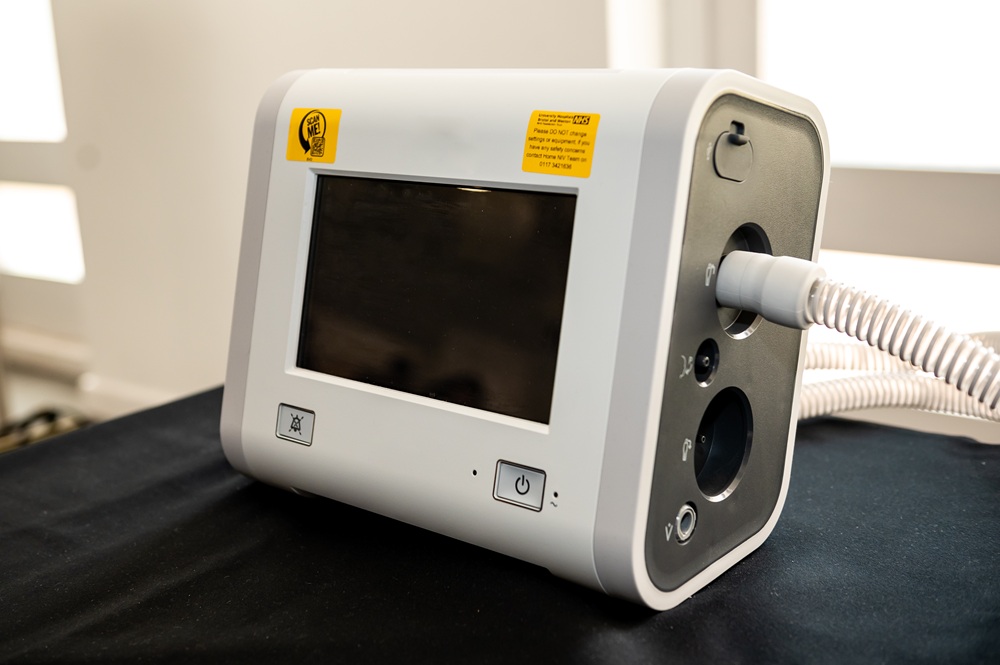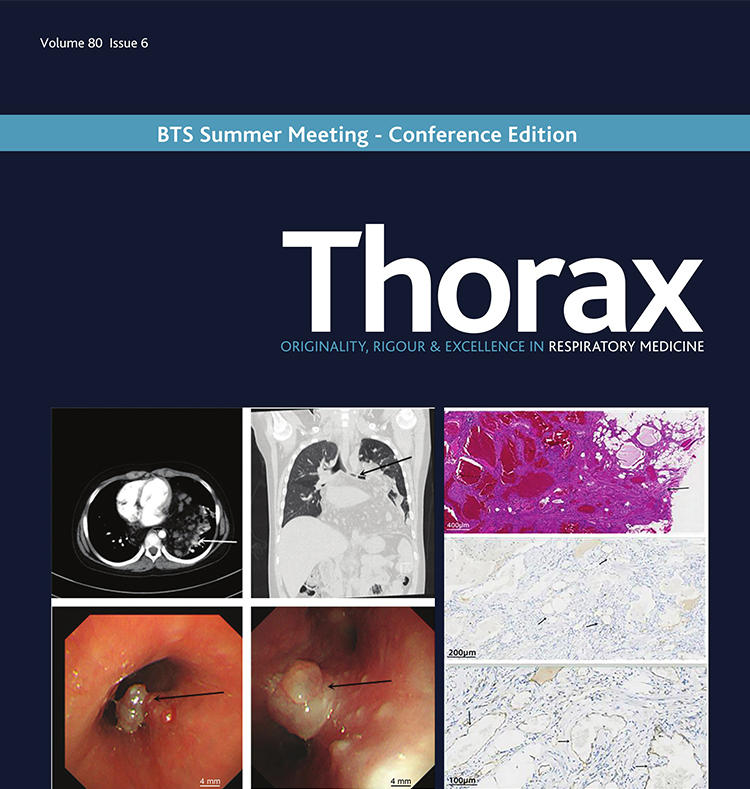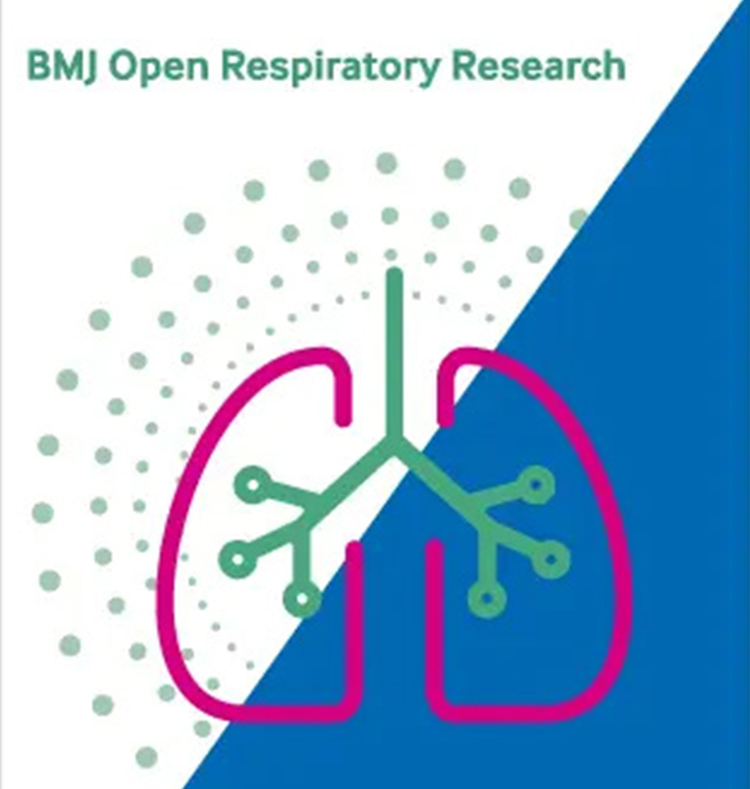IPF is a form of lung disease that causes scarring (fibrosis) of the lungs; people living with IPF have a poor prognosis and symptoms that significantly impact their quality of life.
Since 2013, the Registry has collected real-world clinical data on over 5,000 IPF patients from 64 centres across the UK. These findings provide valuable insights into patient demographics, diagnostic trends, and treatment patterns, shaping the future of IPF care.
- Key findings from the Registry published today in the BMJ Open Respiratory Research Journal include:
- Patient demographics
IPF is more prevalent in men (77.8%), with an average age of 74 years. Over half (66%) were ex-smokers, and 76% had at least one co-morbidity. - Delayed diagnosis
Over a third (36.7%) of patients experienced symptoms for more than two years before their first specialist appointment. - Shifts in diagnostic practice
The use of surgical lung biopsies decreased from 14% in 2013 to 5.5% in 2022, reflecting a shift towards less invasive diagnostic approaches.
Lead author of the paper, Dr Ahmed Fahim said;
“It is exciting to present a decade of data from the BTS Registry on patients living with IPF. It describes changing management trends in pulmonary fibrosis over time and highlights the importance of workforce expansion to deliver high-quality care and improve clinical outcomes.”
London, London WC1N 2PL
 06/10/2025 07:50:26
British Thoracic Society
06/10/2025 07:50:26
British Thoracic Society








